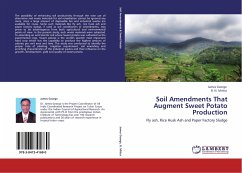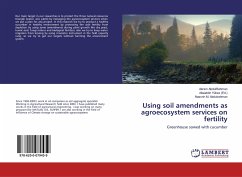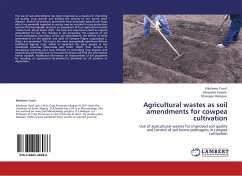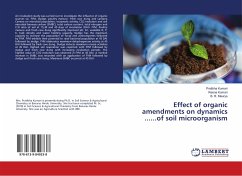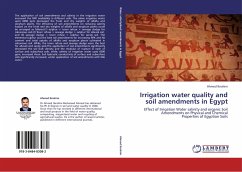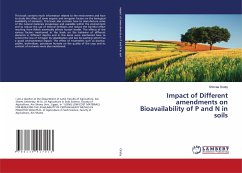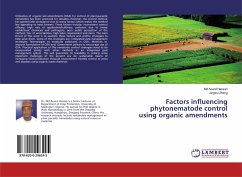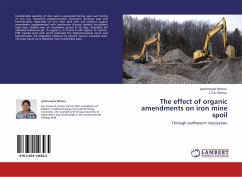The possibility of enhancing soil productivity through the wise use of alternative and waste materials for soil remediation cannot be ignored any more, since a large amount of disposable bio and industrial wastes are available for reuse. Some such materials like fly ash, rice husk ash and paper factory sludge, if used as soil conditioners or amendments, may prove to be advantageous from both agricultural and environmental points of view. In the present study, such waste materials were subjected to amending an acid lateritic soil where Sweet potato was cultivated as the experimental crop. Sweet potato is the world's seventh most important food crop which has the capability to produce the highest amount of calories per unit area and time. The study was conducted to identify the proper time of planting, irrigation requirement, soil amending and enriching characteristics of the industrial wastes and their influence on the growth, development, yield and quality of sweet potato.
Bitte wählen Sie Ihr Anliegen aus.
Rechnungen
Retourenschein anfordern
Bestellstatus
Storno

